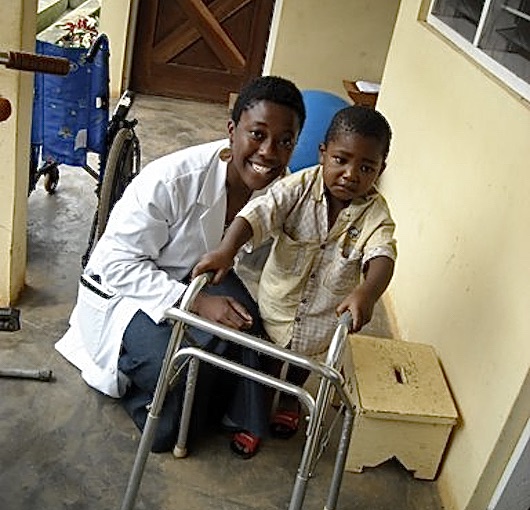Will you focus your career on low-resource people? When asked this question at the beginning of their education, most healthcare professionals affirm the virtues of serving those who are forgotten. The energy of such vision helps propel them through the first obstacles of career development. But within a few years, this early altruism is often replaced by more self-focused priorities. The reasons are understandable: fatigue, litigation, financial debt, family needs.
But the warmth of that early nobility usually lingers. How can we regain that early excitement for the well-being of those who are poor, undereducated, minorities, disabled, elderly, veterans, refugees, migrants, chronically ill, and victims of war or disaster? How we answer this question may result not only in alleviation of their suffering but also in levity for our own hearts.
Begin with a simple “vision trip.” Visit a charity clinic in your hometown, interview a public health leader, or join in an international service team. In addition to the insights gained, you’re also likely to create valuable friendships with those who share your priorities. Next, make some achievable commitments. Schedule two days a month at that charity clinic or two weeks a year with that international service team. As you grow in experience, your goals may also expand.
As a resident physician in 2011, Datcha Dorvil was taking these first exploratory steps. Following her Professional Certificate Course in International Medicine and Public Health, Dr. Dorvil added a service-learning experience at Mseleni Hospital in South Africa. Her vision continued to grow, and for the last 10 years Dr. Dorvil has served native Americans with distinction through the United States Indian Health Service.
Will focusing your career on low-resource people be simple? Certainly not. Resources will be stretched. Staffing will be short. Hours will likely be long. Financial income may be a fraction of your peers. But the rewards – the occasional hearty thank you and that growing inner sense of altruism – will affirm your career focus on low-resource people.

